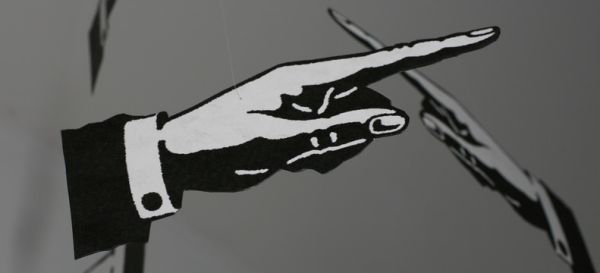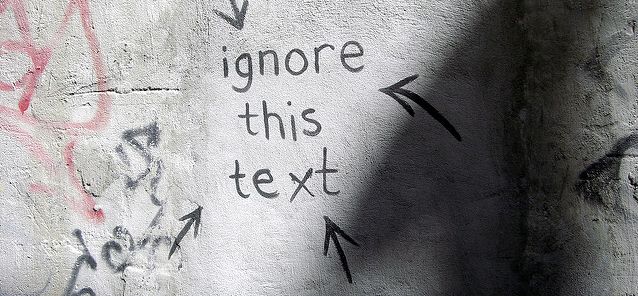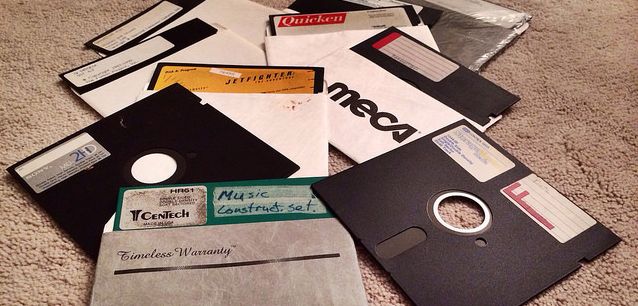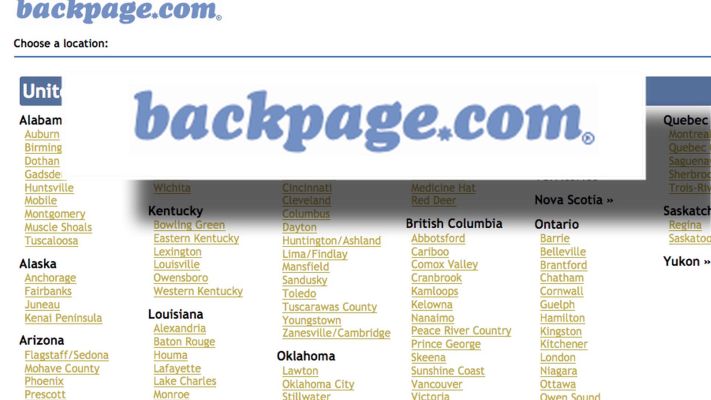
The recent case of Live Face on Web, LLC v. Biblio Holdings LLC illustrates some important risks of which any purchaser of third-party technology services or deliverables should be aware. The defendant in this case faces potential copyright liability (and the expenses associated with defending such claims) arising from technology that a third party vendor provided for defendant to enhance defendants’ website.
Plaintiff’s software
Plaintiff developed software that allows website operators to display video of a personal “host” to welcome online visitors to the website. A website operator implements plaintiff’s software by embedding an HTML script tag in the code of its website. The added code links the website to a copy of plaintiff’s software stored on the same server as the customer’s website or on a different server. When a user points his or her browser to the web page, the embedded HTML script tag causes the distribution of plaintiff’s software, which in turn causes the personal host video to be displayed. The browser saves plaintiff’s software into cache or hard drive or both, and automatically loads the software into RAM.
Defendants’ alleged infringement
Defendants allegedly used an infringing version of plaintiff’s software to display a spokesperson video on its website. Specifically, defendants claim that they contracted with a third party vendor that processed video that defendants provided, then sent defendants HTML code which defendants implemented into their site. When a user visited defendants’ website, his or her browser would call on the allegedly infringing code, which was stored on the third party vendor’s server. This caused a copy of the allegedly infringing software to be stored on the visitor’s computer in cache, memory, or its hard drive.
The proceedings
Plaintiff filed suit for copyright infringement in the U.S. District Court for the Southern District of New York. Defendants moved to dismiss for failure to state a claim upon which relief may be granted. The court denied most of the motion to dismiss, leaving the majority of copyright-related claims remaining in the case. It granted the motion to dismiss on the question of contributory liability.
Direct copyright infringement
Defendants raised several arguments as to why they should not be liable for direct copyright infringement . Although the court rejected each of these arguments, it observed that defendants’ most promising argument was that any infringement was actually done by the third party vendor that provided the technology to defendants. In this part of its opinion, the court considered the holdings of Perfect 10 v. Amazon, 508 F.3d 1146 (9th Cir. 2007) and other cases that involved in-line linking. The court observed that the reasoning of these cases appeared to limit plaintiff’s ability to hold defendants liable for direct infringement of plaintiffs distribution right. Nonetheless, the record did not have enough information for the court to definitively make a determination at this early stage. Accordingly, the court decided to permit discovery on the relationship between the third-party technology vendor and he allegedly infringing software.
The court also rejected defendants’ other arguments against liability for direct infringement. It found unpersuasive defendants’ arguments that the software was never downloaded. On this point, the court found that the complaint had sufficiently alleged that the infringing software was automatically saved into the cache or hard drives and automatically loaded into computer memory or RAM of visitors to defendants’ website. The court also rejected defendants’ arguments that the DMCA Safe Harbors protected them from liability, that any copying was only de minimis, and that previous lawsuits against the third-party technology provider should relieve defendants from liability.
Contributory infringement
On the question of contributory liability, the court granted defendants’ motion to dismiss. To bring a claim for contributory infringement, a plaintiff must allege both that its copyrighted work was directly infringed and that the defendant, with knowledge of the infringing activity, induced, caused, or materially contributed to the infringing conduct of another. The court found that plaintiffs had alleged only a bare legal conclusion that defendants knew or had reason to know they were using an infringing version of the software. Without strong enough allegations on the knowledge element of contributory infringement, this claim failed.
Vicarious infringement
Vicarious liability for copyright infringement may be imposed where a defendant profits directly from the infringement and has a right and ability to supervise the direct infringer, even if the defendant initially lacks knowledge of the infringement. The court denied the motion to dismiss on this point, as plaintiff plausibly alleged that defendants controlled the allegedly unlawful distribution of copies of plaintiff’s software to its website visitors. The court drew inferences in plaintiff’s favor, noting the allegation that defendants did modify their website to include code linking to the allegedly infringing software. Plaintiffs also successfully alleged that defendants profited from the use of the infringing software in that having the video host captured, held and prolonged the attention of the average online user, and did in fact generate revenues and profits for defendants. On this point, the court look to Arista Records v. MP3Board, 2002 WL 1997918 (S.D.N.Y. August 28,2002), which stands for the proposition that “infringement which increases a defendant’s user base or otherwise acts as a draw for customers constitutes a direct financial interest.”
Implications
In the course of negotiating technology development and service agreements, a customer should seek to get assurances from its vendor that any technology being provided will not infringe third party intellectual property rights. It is critically important to, were possible, have the vendor warrant and represent that the deliverables are non-infringing. It is equally important, still from the customer’s perspective, to have the vendor obligate itself to indemnify the customer in the event there are third party claims of intellectual property infringement. Although from this opinion we do not see all the facts, it appears this could be a situation where the defendant/customer is being taken to task and having to incur needless expense for the use of infringing software provided by its vendor. If that is the case, it is an unfortunate situation, one which a prudent customer of technology services would be well advised to seek to avoid.
Live Face on Web, LLC v. Biblio Holdings LLC, 2016 WL 4766344 (S.D.N.Y., September 13, 2016)
Photo courtesy of Flickr user J E Theriot under this Creative Commons license.
 About the Author: Evan Brown is a Chicago technology and intellectual property attorney. Call Evan at (630) 362-7237, send email to ebrown [at] internetcases.com, or follow him on Twitter @internetcases. Read Evan’s other blog, UDRP Tracker, for information about domain name disputes.
About the Author: Evan Brown is a Chicago technology and intellectual property attorney. Call Evan at (630) 362-7237, send email to ebrown [at] internetcases.com, or follow him on Twitter @internetcases. Read Evan’s other blog, UDRP Tracker, for information about domain name disputes.







